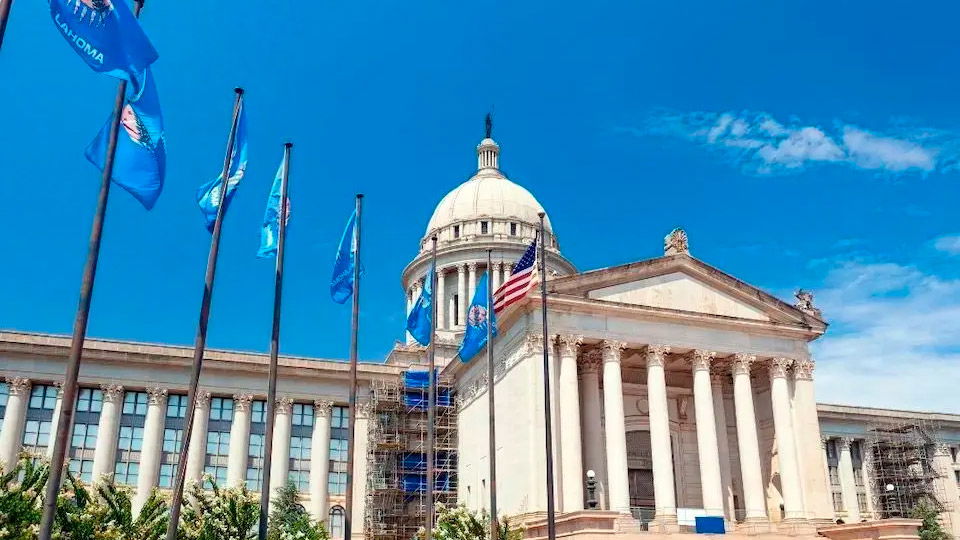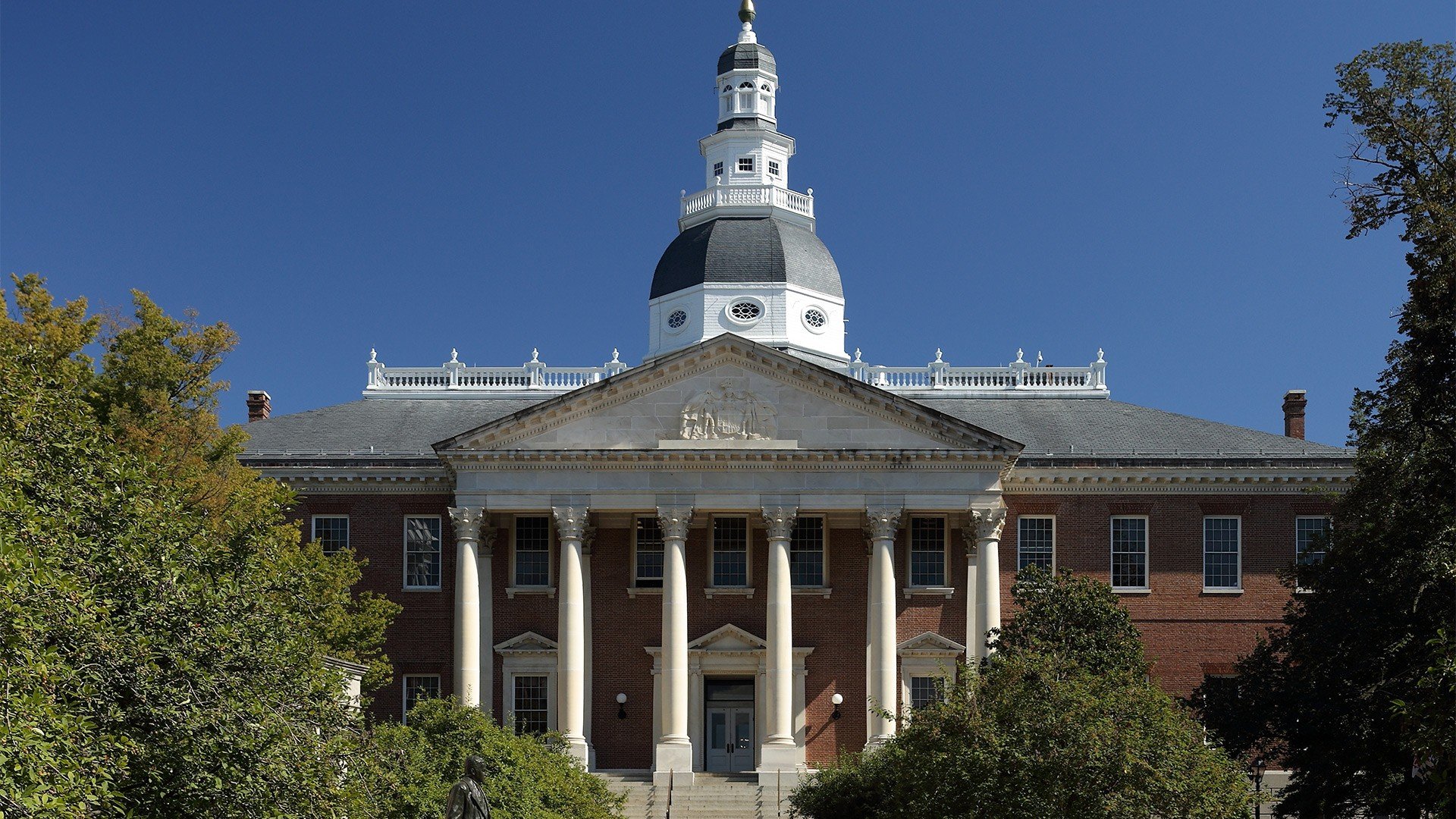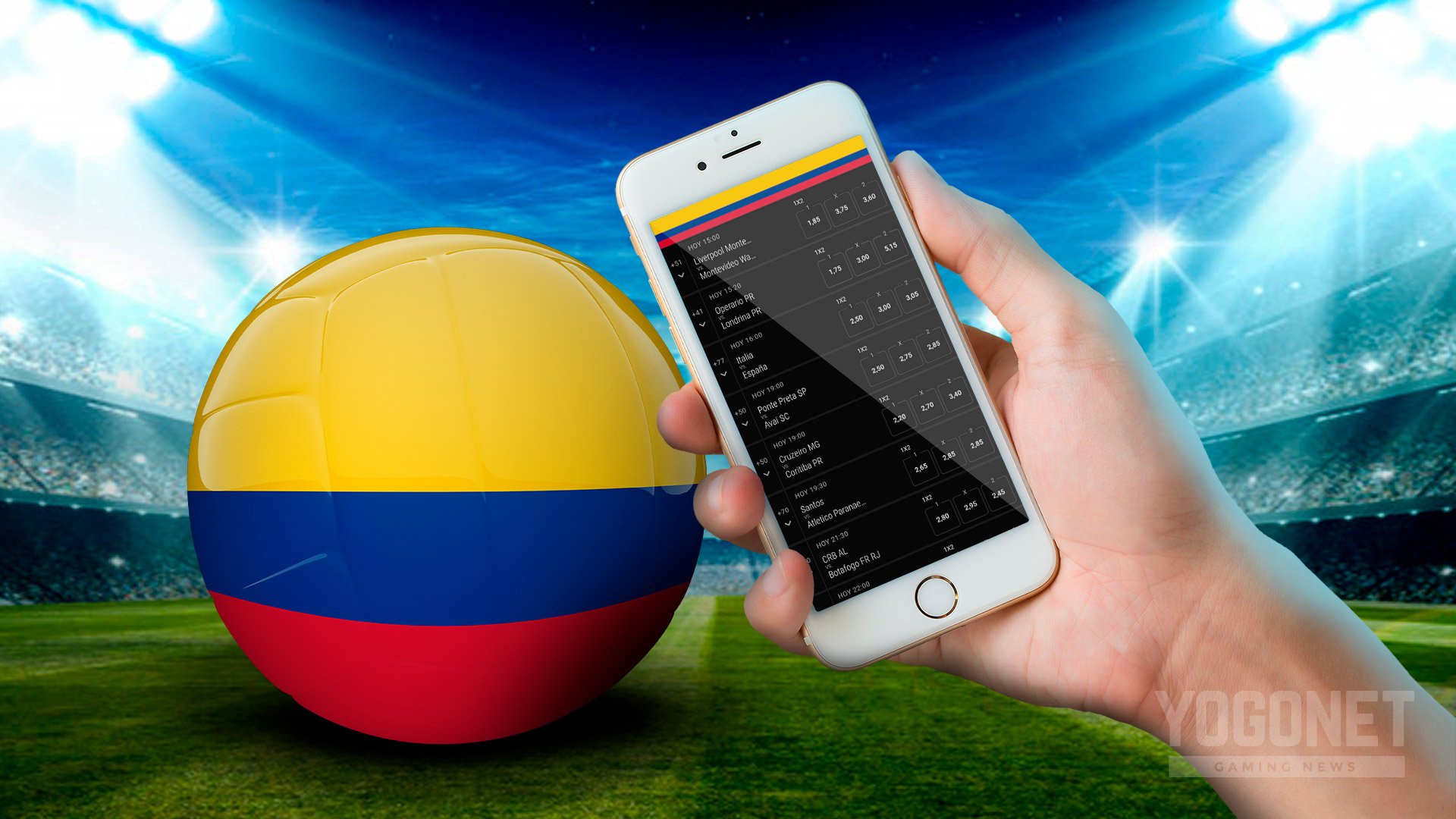Oklahoma sports betting bill pulled from agenda hours before key vote in state legislature

A proposal to legalize mobile sports betting in Oklahoma was abruptly removed from consideration on Monday, just hours before lawmakers were set to discuss and potentially vote on the bill in a key House subcommittee. The move represents the latest delay in the state’s years-long effort to join the growing number of U.S. states offering legalized sports wagering.
The legislation had previously passed the Oklahoma Senate in a narrow vote and was scheduled for debate before a subcommittee of the House Appropriations and Budget Committee. Had it cleared that hurdle, the bill would have advanced to the full committee and, eventually, to a vote on the House floor.
The main components of the debate are questions about tribal gaming rights, state regulatory authority, and the shape of a potential mobile betting market. Oklahoma is home to more tribal casinos per capita than any other state, with roughly three dozen federally recognized tribes holding gaming compacts.
Many of these tribal nations have expressed openness to legal sports betting, but only if their exclusive rights to operate gambling in the state are protected. The current bill would allow tribes to offer mobile sports betting on their lands, which include wide swaths of the state, such as the Tulsa metro area.
However, Governor Kevin Stitt has continued to oppose any plan that limits access to tribal operators alone. Stitt has pledged to veto the current bill, along with two others under legislative consideration, unless they allow an “open” market.
His version of a legal framework would include not only tribes, but also commercial operators, racetracks, and possibly the state lottery.
This stance has long placed Stitt at odds with tribal leaders and has contributed to repeated legislative deadlocks. The Oklahoma Indian Gaming Association, representing many of the state’s tribes, has offered feedback on all three sports betting bills but maintains that the final framework must respect tribal sovereignty.
In a March letter, the group reiterated its willingness to work with outside partners, as long as core tribal rights remain intact.
The current Senate-backed bill also includes provisions that would allow the NBA’s Oklahoma City Thunder to form a partnership with a third-party betting platform such as FanDuel or DraftKings. Since Oklahoma City is not located on tribal land, the team would require its own path to legal mobile wagering outside of tribal jurisdiction.
If passed, the bill could result in a fragmented regulatory structure, with legal betting confined to tribal territories and separate arrangements for urban areas like Oklahoma City. It remains uncertain whether tribes would develop their own branded betting platforms or collaborate with national operators.
The delay in Oklahoma’s legalization process contrasts sharply with developments in neighboring states. Missouri is expected to launch legal sports betting later this year, while Arkansas, Kansas, and Colorado already offer mobile wagering statewide.
In total, 39 states, Washington, D.C., and Puerto Rico have legalized some form of sports betting since the U.S. Supreme Court struck down the federal ban in 2018.

















































